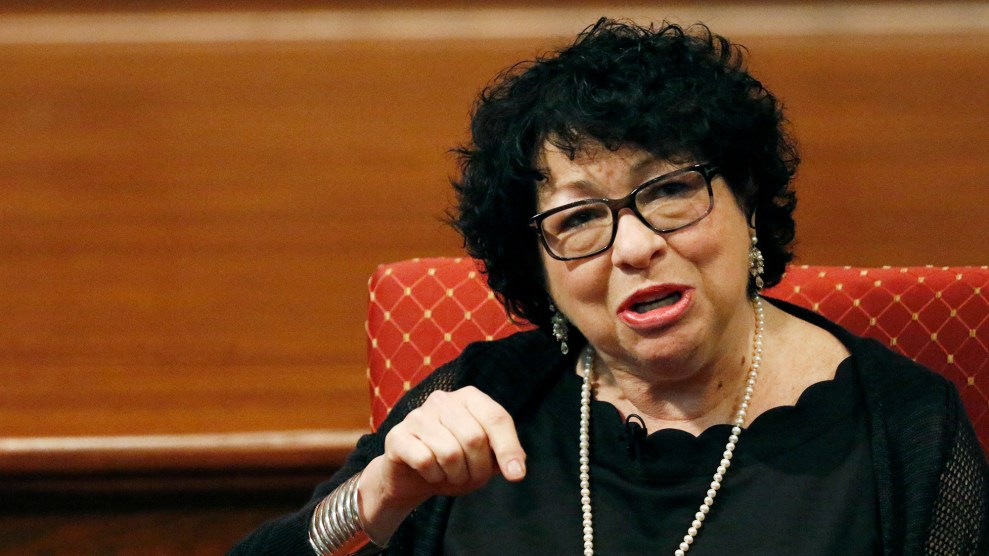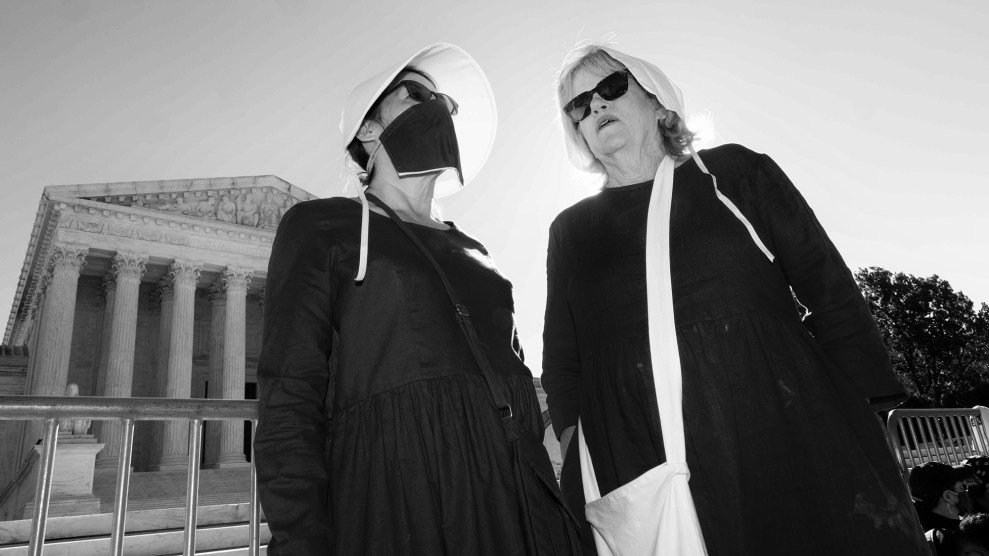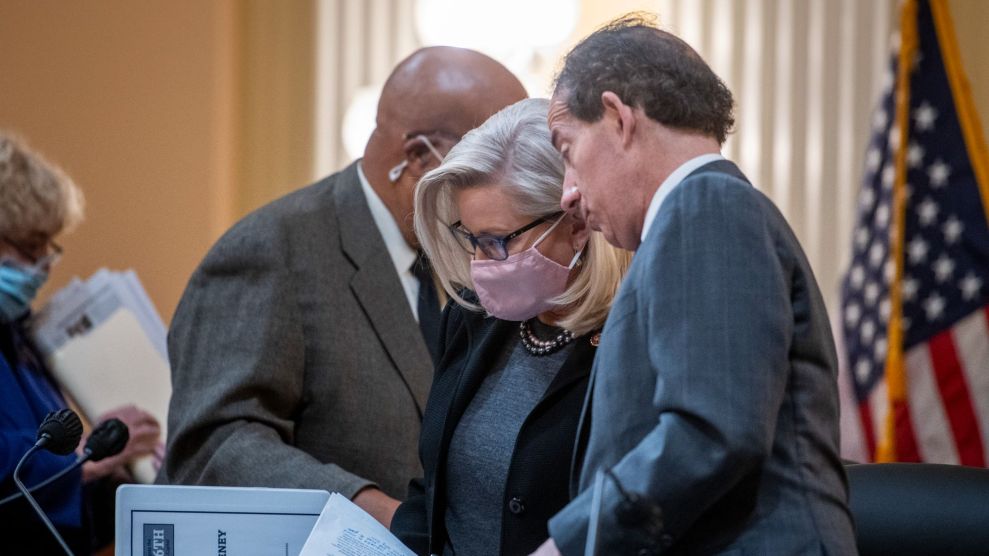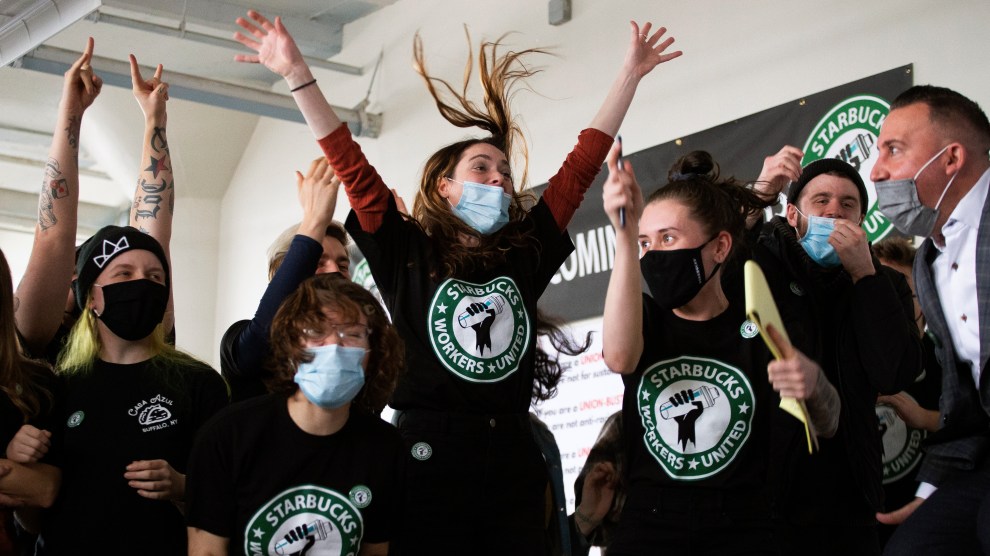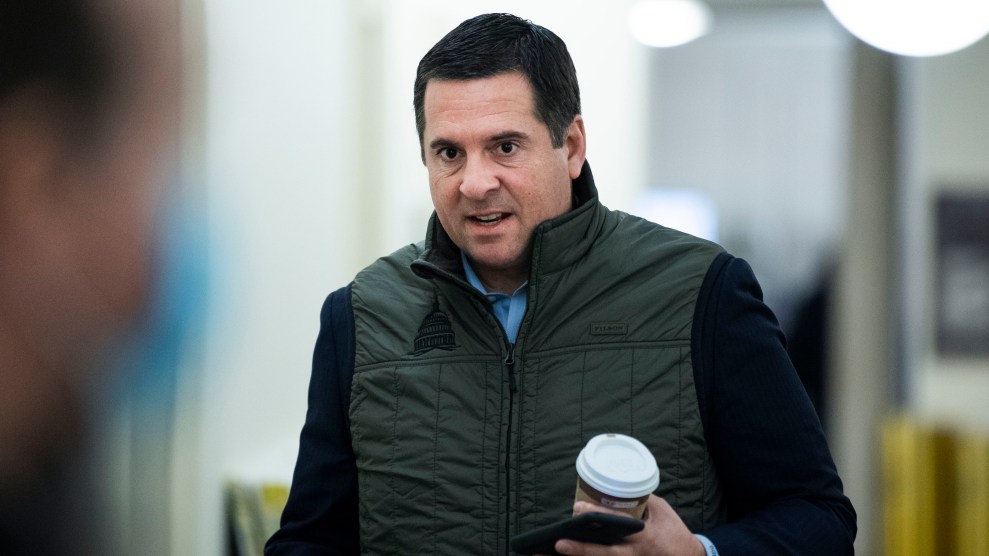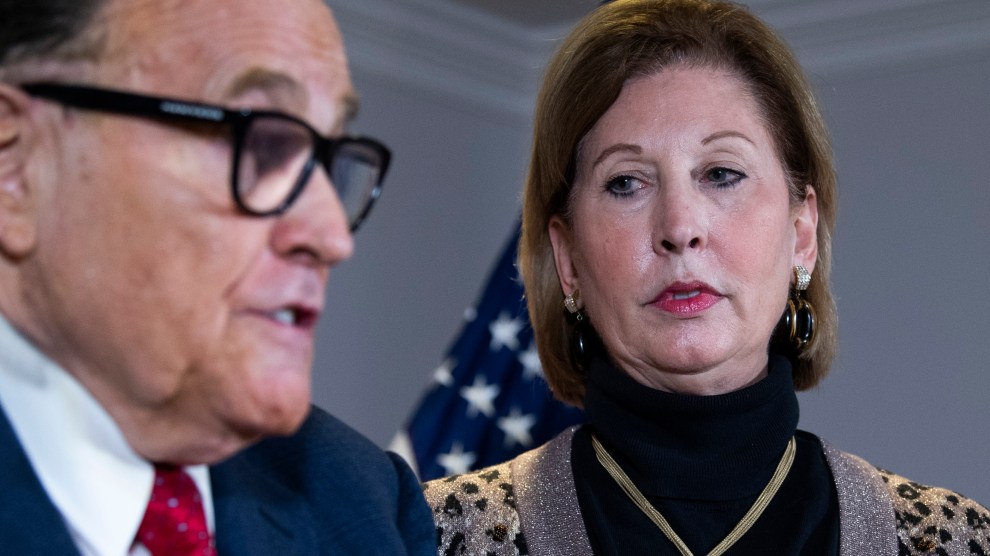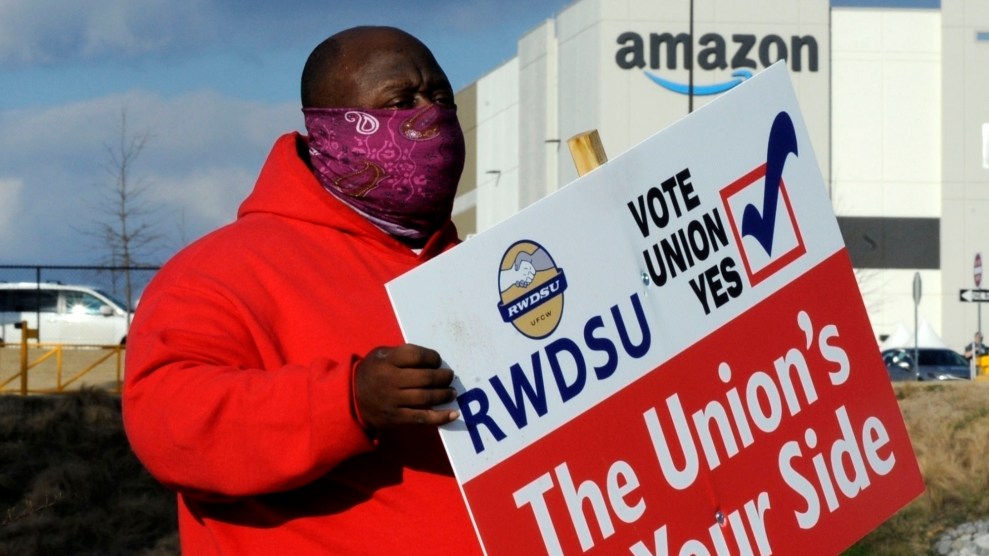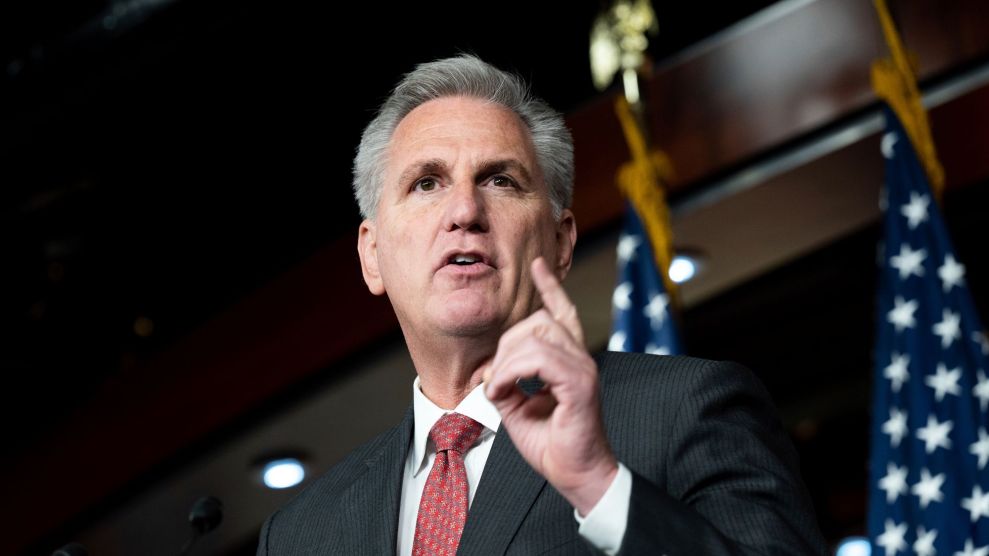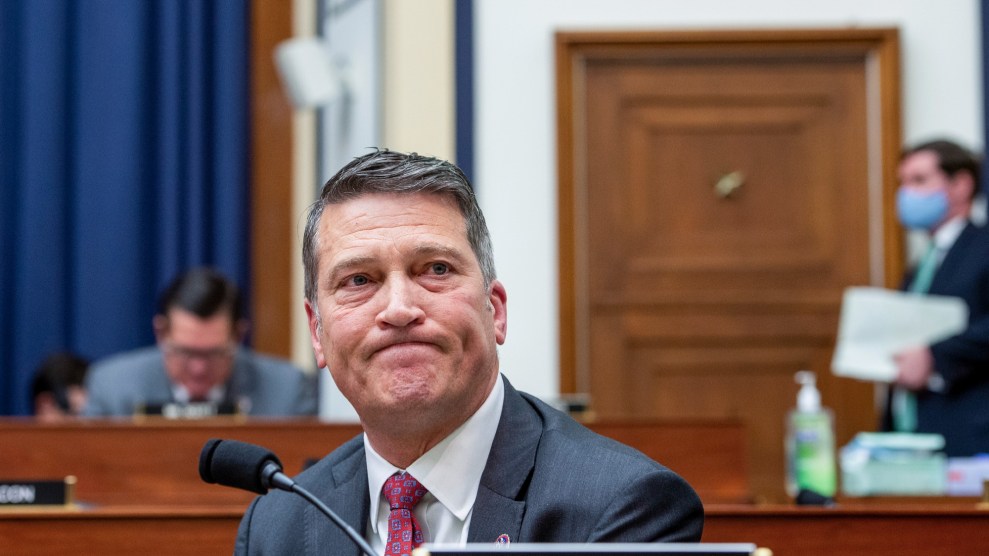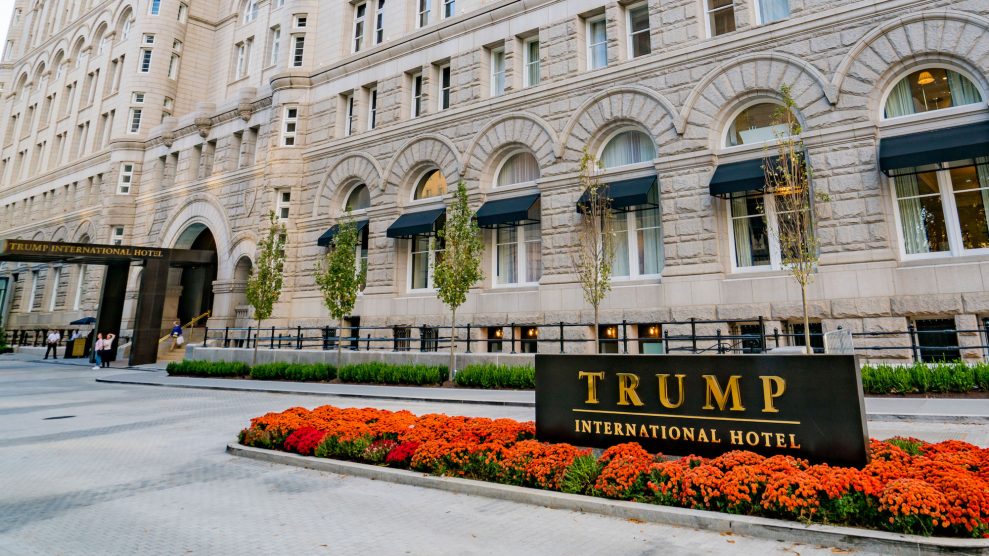
Emergency workers search what is left of the Mayfield Consumer Products Candle Factory after it was destroyed by a tornado in Mayfield, Kentucky, on December 11, 2021.John Amis/Getty
A deadly and rare December tornado outbreak killed dozens and left a trail of devastation across the Southeast and Midwest Friday night, with one twister suspected of ripping through four states and flinging debris over 30,000 feet in the air, the height flown by commercial airplanes. Between 70 and 100 people are estimated to have died in Kentucky alone, according to Gov. Andy Beshear, who said the storm was “the most devastating tornado event in our state’s history.”
In Mayfield, Kentucky, much of the town was leveled and a candlemaking factory was ripped apart, trapping some of the building’s 110 occupants:
This pretty much sums it up in :19. #Mayfield #MayfieldTornado #KyWx #WX pic.twitter.com/IcPL4XGtPS
— WxChasing- Brandon Clement (@bclemms) December 11, 2021
In Edwardsville, Illinois, an Amazon warehouse partially collapsed, sending a wall the size of a football field and a section of roof tumbling. At least two people were killed there and others were trapped, with some still unaccounted for as of early Saturday morning.
Drone footage shows Amazon warehouse destroyed by tornado https://t.co/st8aD39z3m pic.twitter.com/9AvzxwP7aN
— BBC News (World) (@BBCWorld) December 11, 2021
In Monette, Arkansas, the storm destroyed a nursing home, leaving one dead and others injured.
Monette Manor nursing home in Monette, AR drone footage tonight as first responders conduct search and rescue. 2 confirmed fatalities at this location as of earlier with numerous injures as well. @weatherchannel #tornado #arwx #firstresponders pic.twitter.com/gfDPlvbJlI
— Charles Peek (@CharlesPeekWX) December 11, 2021
While there were several tornadoes in the cluster, the National Weather Service is investigating whether a single twister—which is being called the “quad-state tornado”—traveled more than 230 miles as part of the storm, through Arkansas, Missouri, Tennessee, and Kentucky. If confirmed, it would set a record for the longest continuous tornado in US history, according to NBC News.
Tornado frequency is increasing in the Mississippi Valley, and research indicates that may be due to climate change, as “Tornado Alley”—the belt across the central US belt where these storms have traditionally been most common—shifts eastward. The storm formed as a cold front slammed into unusually warm weather in the region, a meteorologist explained to the New York Times. While tornadoes in December are not unheard of, a storm system this powerful normally occurs in April or May. “These are the ingredients for big storms in the spring, but not in mid-December,” Dan Pydynowski, a senior meteorologist for Accuweather, told the Times.
Around 250,000 homes in the region were without power as of Saturday morning.


